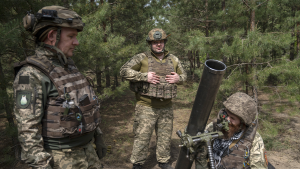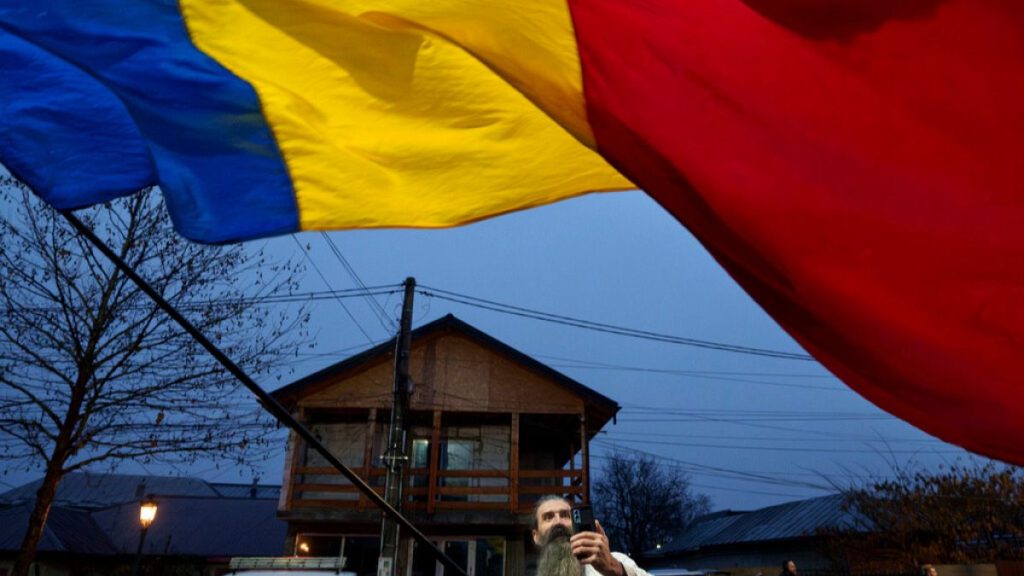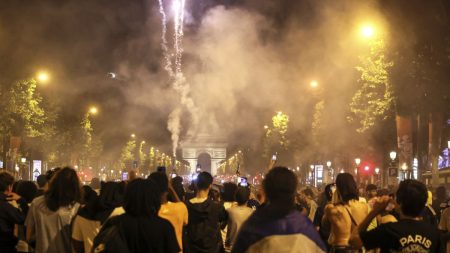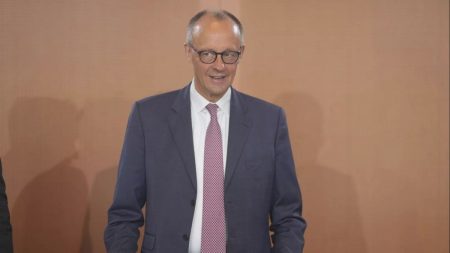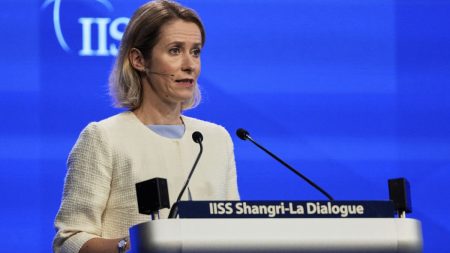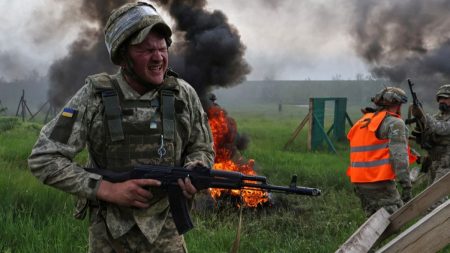Paragraph 1: A New Coalition Emerges in Romania
Romania’s political landscape has undergone a significant transformation following the annulment of the first round of presidential elections. Pro-European parties, recognizing the need for unity and stability, have forged a governing coalition to counter the rise of far-right nationalist forces. This alliance comprises the leftist Social Democratic Party (PSD), the center-right National Liberal Party (PNL), the centrist Save Romania Union (USR), and the center-right Democratic Alliance of Hungarians in Romania (UDMR). Despite past policy disagreements, these parties have joined forces to prioritize good governance, transparency, and respect for citizens, effectively creating a formidable bloc against the far-right surge.
Paragraph 2: Addressing Economic Challenges and Rebuilding Trust
One of the primary challenges facing the new coalition government is Romania’s precarious economic situation. With a budget deficit of 8%, the highest in the EU, the government is under immense pressure to implement effective economic reforms. Elena Lasconi, leader of the USR, acknowledges the "difficult period" facing the country and emphasizes the need for fiscal responsibility. Cutting state spending and reducing bureaucracy will be key priorities for the new government as it seeks to stabilize the economy and rebuild public trust in institutions and the political class.
Paragraph 3: The Shadow of Russian Interference and the Annulled Election
The decision to annul the first round of presidential elections stems from credible concerns about foreign interference, specifically from Russia. The unexpected victory of far-right nationalist Călin Georgescu, whose pre-election polling numbers hovered around 5%, raised immediate red flags. Subsequent investigations by Romanian intelligence services revealed evidence of a coordinated campaign on TikTok, allegedly orchestrated by a "state actor" presumed to be Russia, to artificially boost Georgescu’s popularity. The revelation of this interference led to the annulment of the election results, highlighting the vulnerability of democratic processes to external manipulation.
Paragraph 4: Georgescu’s TikTok Surge and the Investigation
Călin Georgescu’s meteoric rise on TikTok in the days leading up to the election played a pivotal role in his surprising first-round victory. His videos garnered tens of millions of views, propelling him to the top of the polls despite his previously low levels of support. The sheer scale and speed of his online success, coupled with the intelligence reports, strongly suggest external manipulation. Prosecutors are now investigating Georgescu’s campaign finances to determine whether he misrepresented the sources of his funding, further adding to the controversy surrounding his candidacy.
Paragraph 5: Preparing for a New Presidential Election
The coalition government is committed to holding a new presidential election as soon as possible, tentatively scheduled for the first half of 2025. A key aspect of their strategy is to put forward a single, pro-European candidate to counter the influence of nationalist and far-right forces. The details of the selection process and the identity of the chosen candidate are yet to be finalized, but the coalition’s united front signals a determination to restore faith in the democratic process and ensure a fair and transparent election.
Paragraph 6: Ensuring a Fair and Democratic Future
The upcoming presidential election will be a crucial test for Romania’s democratic resilience. The coalition government faces the daunting task of not only ensuring a free and fair election but also addressing the underlying issues that allowed a far-right candidate to gain significant traction. This includes combating disinformation, strengthening cybersecurity measures, and promoting civic engagement. The success of the new government will depend on its ability to deliver on its promises of good governance, transparency, and economic stability while simultaneously safeguarding the integrity of Romania’s democratic institutions against external threats. The outcome of the upcoming election will have profound implications for the country’s future trajectory and its place within the European Union.
